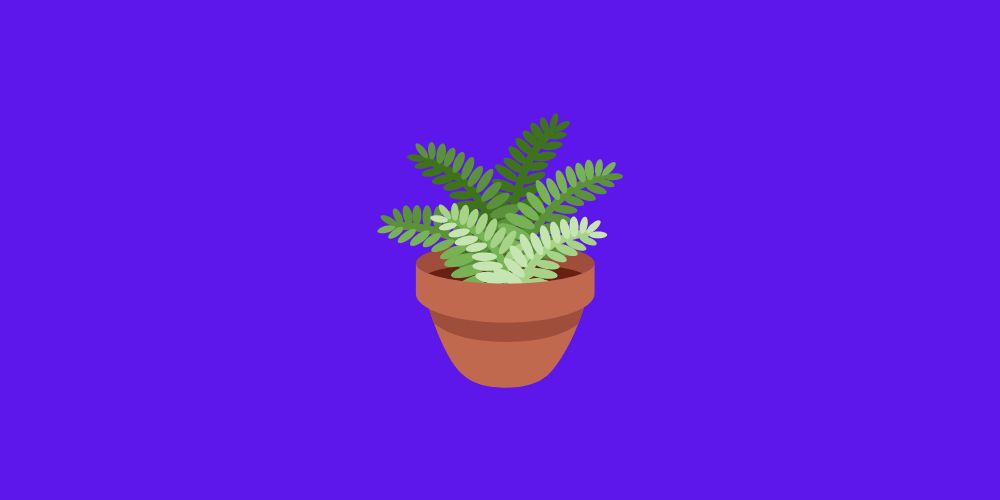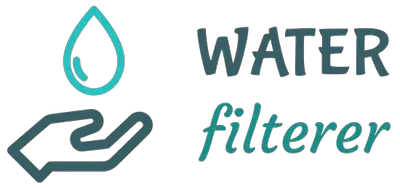Many people believe that you have to use distilled water to water your plants, but is this the only option? Can sink water work just as well? Are there any alternatives to using filtered water when watering your houseplants?

If you have well water, then you can use it to water your plants without any problems. This is because well water is not treated with chemicals like chlorine and fluoride.
However, if you have municipal water, then you should think twice before using it to water your plants. This is because municipal water is treated with chemicals like chlorine and fluoride in order to make it safe for human consumption. While these chemicals are not harmful to humans, they can be harmful to plants.
For example, fluoride, chlorine, and salt can all be found in measurable amounts within sink water, and can lead to stunted growth, discoloration of leaves or flowers, and even plant death in some cases.
If you want to use tap water for your houseplants, make sure to let it sit out for 24 hours beforehand to allow any chlorine and fluoride to dissipate. You can also try using rainwater or distilled water instead, which have fewer chemicals and don’t pose a risk to your plants.
Do plants grow better with tap water or distilled water?
Ideally, you should use distilled water to water your houseplants. However, this doesn’t mean that you can’t use tap water if necessary.
While most gardeners say to water your plants with distilled water, this isn’t the only option or necessarily the best option. If you don’t have access to distilled water or simply don’t want to use it, there are other options available.
For example, you can try using rainwater or filtered water to water your plants. These alternative sources of water typically contain fewer chemicals and minerals than tap or distilled water, which makes them gentler on delicate plant roots.
Some gardeners also recommend adding a small amount of Epsom salt or vinegar to tap or distilled water in order to make it more plant-friendly.
The best way to determine what is right for your plants will depend on a variety of factors, including the type of plants you are growing, the climate in which you live, and your water source.
So if you are concerned about using tap or distilled water for your plants, be sure to consult a local gardening expert or do some research online to find the best watering solution for your particular situation.
Reasons tap water affect plant growth
The chemicals in tap water, especially when it’s not distilled, can harm you and your plants. Chemicals like lead, chlorine, and pathogens are present in tap water and will cause problems for your plants if you use this water to water them regularly.
For example, chlorine in tap water can damage plant leaves and roots, impairing the growth and development of your plants. Tap water may also contain minerals like copper or iron that are toxic to plants.
In addition to the chemicals that can be in tap water, the temperature of the water can also affect plant growth. If the water temperature is too hot or cold, it can stress plants and make them more susceptible to pests and disease.
If you water your plants with ice-cold water, it could damage the roots and kill them. Some plants are especially sensitive to temperature changes, so it’s important to use water that is the right temperature for your plants.
Given these factors, many gardeners recommend using distilled water or filtered water to avoid potential issues with plant growth when watering your garden. This will help reduce the risk of damaging your plants with harsh chemicals or extreme temperatures.

